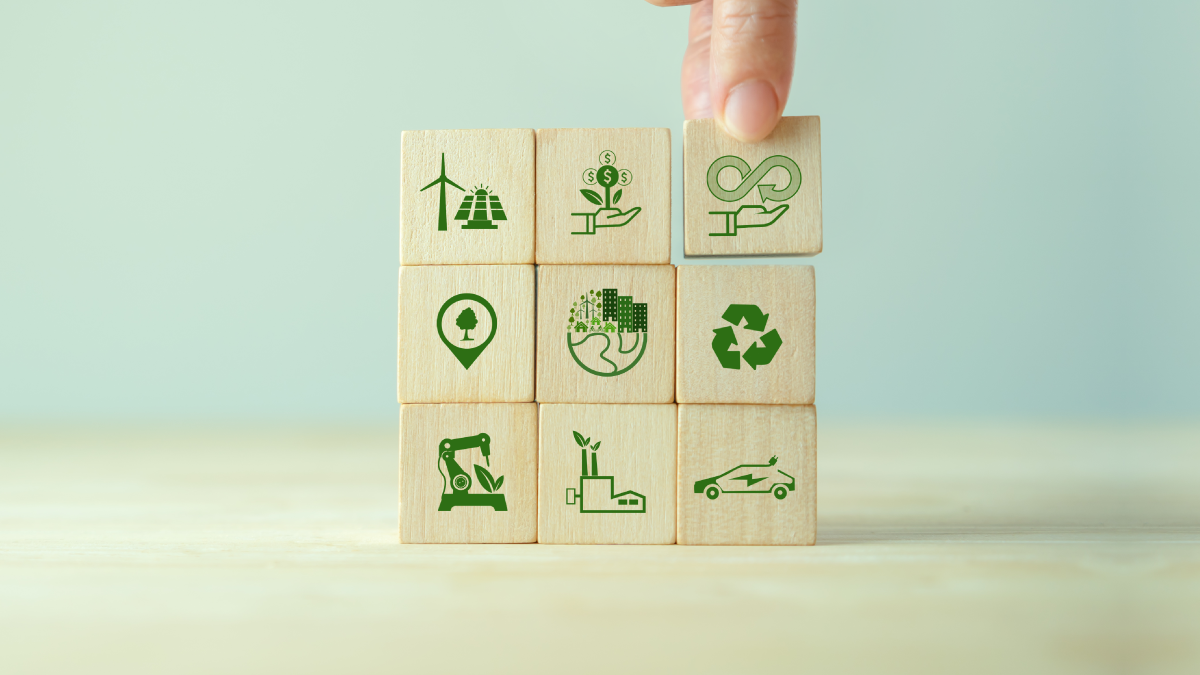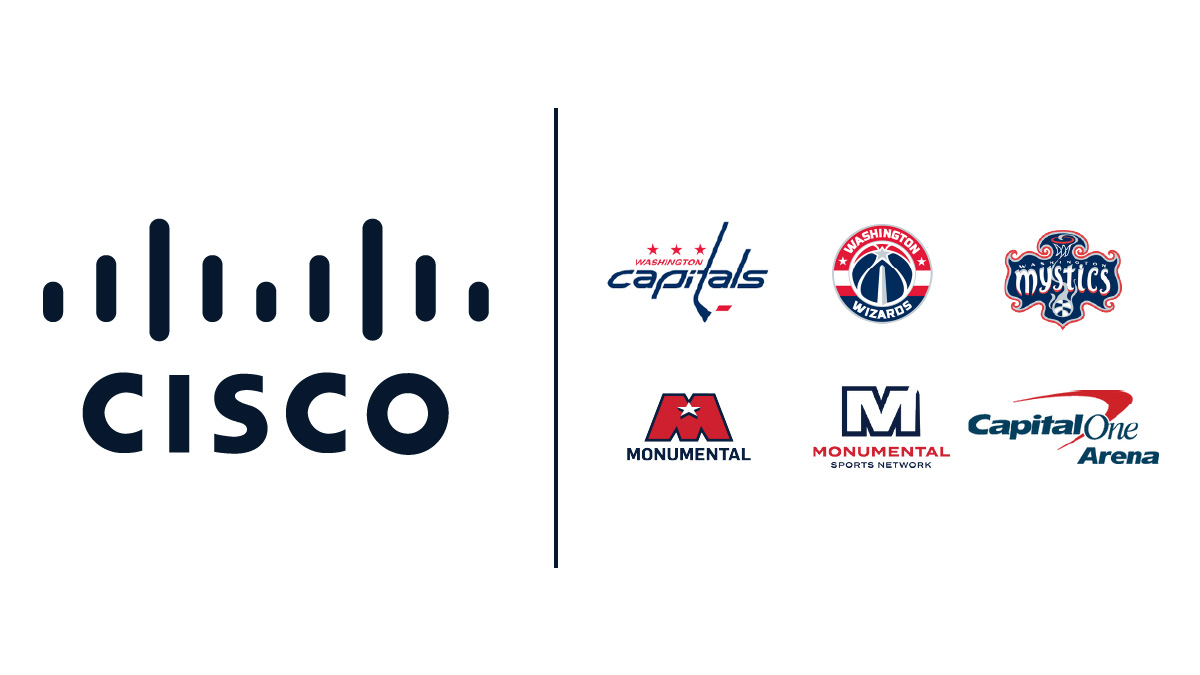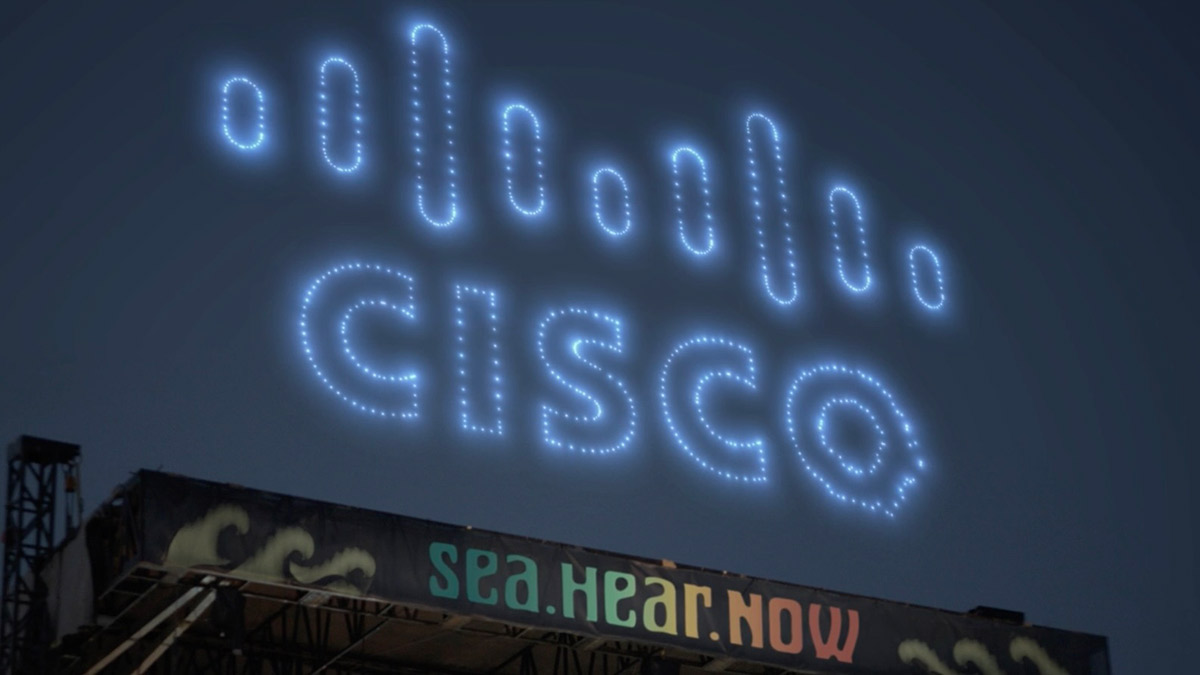“Adopting digital technologies and smart factory systems for manufacturing plants is essential, not only for improving productivity and efficiency, but also for optimizing the power consumption of the entire factory to achieve carbon neutrality.” - Kazuya Horibe, Yamazaki Mazak Corporation Senior Corporate Officer, Head of Advanced R&D Center
Cisco has long been a leader in sustainable business practices, even adopting circular economy principles as far back as 2001. Since 2020, all Cisco U.S. operations have been fully powered by renewable energy sources. But the global impact of sustainability can only be achieved if every organization is on board. This is why Cisco is empowering its customers and partners to achieve their own sustainability goals and reduce greenhouse emissions.
Yamazaki Mazak Corporation is a Cisco customer and business partner that has optimized the full potential of Cisco’s Industrial Internet of Things (Industrial IoT) platform — for sustainability and productivity. Founded in 1919 in Nagoya, Japan, Mazak began as a small business making pots and pans. Today they’ve grown into a multinational corporation manufacturing complex CNC machine tools, a product that demands meticulous optimization and flawless precision.
Such respect for detail has, in collaboration with Cisco and Memex, produced the Mazak SmartBox. With carbon neutrality in mind, Mazak set out to leave no stone unturned in finding inefficiencies, gaining insight into machine utilization rates, and reducing downtime. This required a data-driven approach, driven by Cisco technologies.
The SmartBox was built to be the infrastructure on which the Mazak iSmart Factory™ operates. Central to its function is Cisco’s Connected Machines solution, which runs data through Cisco’s highly secure Industrial Ethernet (IE) 4000 Switches. This allows for real-time collection of production data from a network of machines and sensors. These insights enable a manufacturing facility to improve its energy efficiency and optimize logistical processes. The result is a reduction in the facility’s consumption of energy and, therefore, a reduction in greenhouse gas emissions.
Notably, cybersecurity and productivity are not sacrificed when implementing the Mazak iSmart Factory™. In fact, Masaharu Hotta, Mazak’s chief of headquarters for innovation and manufacturing excellence, states that productivity has increased by 50 percent since installing the Mazak SmartBox. It’s an amazing example of how, despite conventional wisdom, sustainability can actually increase efficiency and productivity. Other companies that implement this innovative system can look forward to enhancing the future of their companies and the world’s environment.
At the same time, this real-time collection of production data and increased asset visibility is essential to Mazak’s industrial cybersecurity plan, and it allows Mazak to protect production facilities and individual machines from cyberattacks.
Yamazaki Mazak Corp. aims to cut their carbon footprint in half by the year 2030, and their data-driven solutions are putting them on the right track. The importance of Mazak’s success in a manufacturing context should not be underestimated. In the United States, the Environmental Protection Agency (EPA) has reported that in 2020, industry and manufacturing were responsible for 24 percent of greenhouse emissions. This was the third-highest source and not far behind transportation, the leading source at 27 percent. Avoiding energy waste in manufacturing will have a significant impact on whether countries and companies achieve their net-zero targets in the future.
Cisco technology platforms build a foundation on which sustainable innovation is possible, and not only within manufacturing. Other major sources of greenhouse gas emissions are also being reined in with the help of Cisco products. In transportation, Cisco is supporting the future of electric vehicles with a Vehicle-to-Grid (V2G) infrastructure model. Our hybrid work solutions help reduce travel-related greenhouse gas emissions in multiple industries. And in agriculture, the internet of things is optimizing water usage to improve sustainable farming and counter water shortages.
Throughout history, innovation, efficiency, and optimization have created great strides for society. Today, as the world’s resources are stretched thin and climate change is a serious global threat, we must all work together to build a bridge between productivity and sustainability. Cisco is ready to help on all fronts.
###



